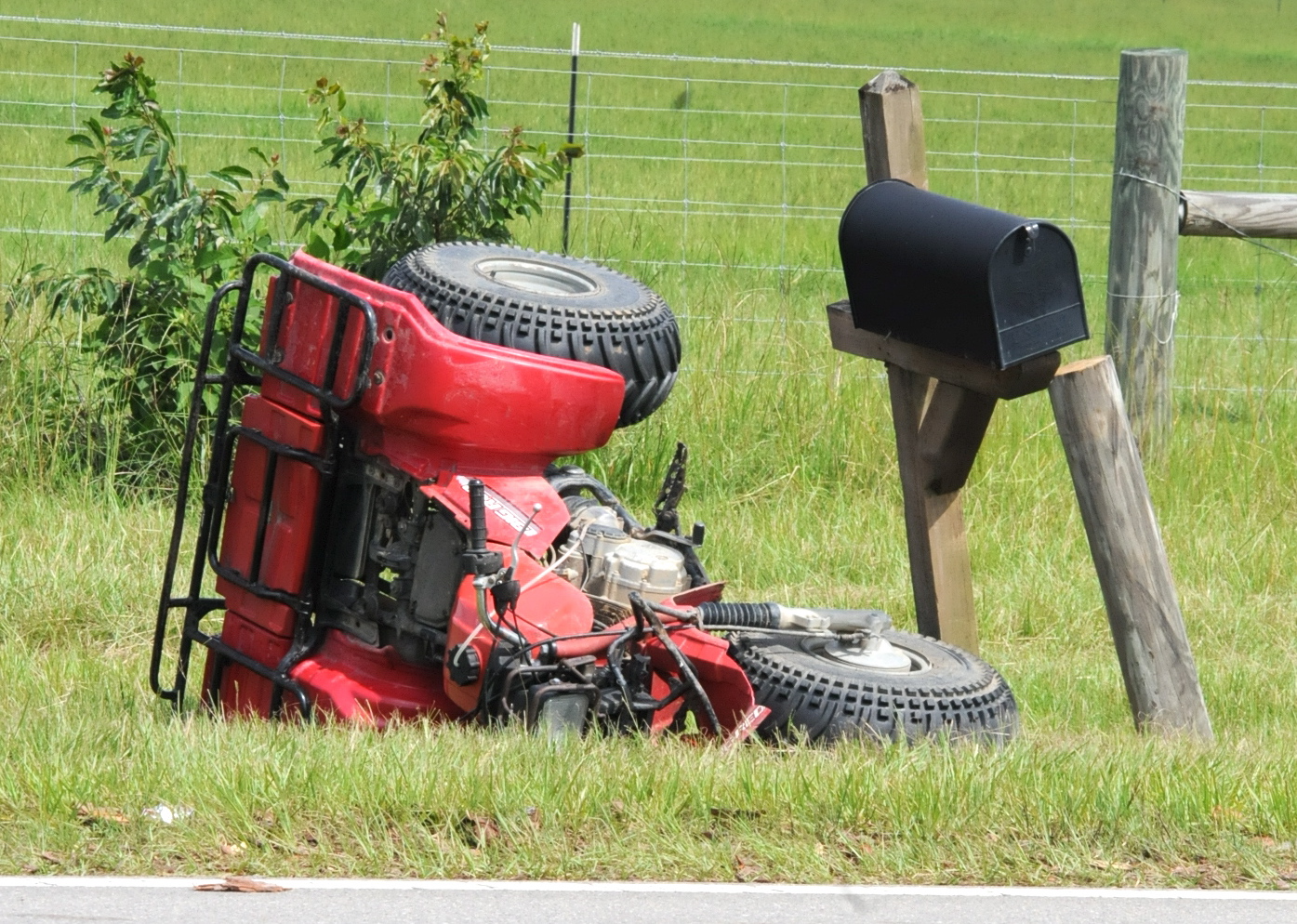When Katelin Cook wants to take a spin in the surrounding Rocky Mountains on her all-terrain vehicle, she just hops on the four-wheeler in her driveway and takes off—down a paved public road.
"What we'll do is wake up on a Saturday or Sunday morning and say, 'Let's run up and let the dogs swim around,'" Ms. Cook, 28 years old, says of the ATV jaunts she and her husband, Deloy, take to places like Howey Reservoir about 30 miles away, a journey that includes 15 miles on county roads.
The Cooks can do this because Rio Blanco County, like at least 11 other counties in Colorado and a growing number across the U.S., has legalized the use of off-road vehicles on some public roads. In recent years, ATVs have been approved on streets and roads in states including Michigan, Minnesota and Wisconsin.
The trend is particularly prevalent in the West, where many rural counties have opened up hundreds of miles of public roads as part of a push by ATV enthusiasts to access backcountry trails without having to tow the vehicles there. But the movement is triggering safety and environmental concerns.
Accidents on public roads accounted for 368, or 44.7%, of 822 ATV-related deaths in the U.S. in 2007, the latest year for which complete data are available, according to the Consumer Product Safety Commission and the Insurance Institute for Highway Safety. According to the institute's most recent study, ATV public-road fatalities fell to 305 in 2011 from a five-year high of 377 in 2008. There were 35 deaths on all roads in 1982, according to the institute, an industry nonprofit group.
"The evidence shows these are vehicles not designed to be driven on paved roads, which most public roads are," said Anne McCartt, senior vice president for research at the institute.
Manufacturers agree. The vehicles aren't safe on public roads, in part because of the increased risk of colliding with a car or truck, and because they don't meet U.S. highway safety standards, such as having rearview mirrors, according to the Specialty Vehicle Institute of America, an industry trade group. "One of our golden rules is not to ride on pavement," said Kathy Van Kleeck, a spokeswoman.Read the rest of the story HERE.
If you like what you see, please "Like" us on Facebook either here or here. Please follow us on Twitter here.





No comments:
Post a Comment